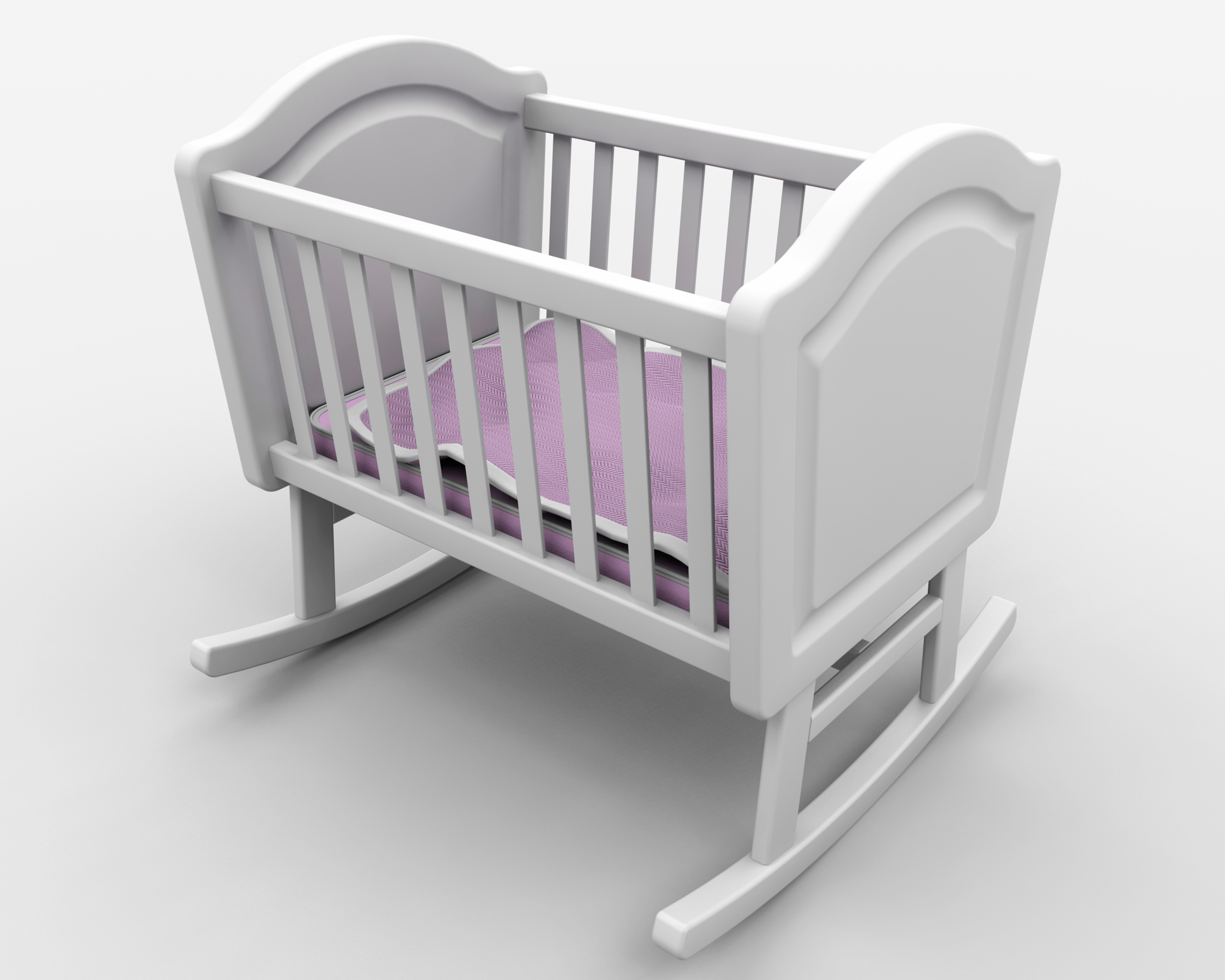Partners for reproductive, maternal, newborn and child health raised their voices in support of the crucial work of skilled birth attendants in honour of International Day of the Midwife 2012.
Tag: support
Send a love letter — and support fertility awareness
In support of National Infertility Awareness Week, coming up April 22-28, 2012, the American Fertility Association (AFA) has introduced a 45-cent stamp designed to raise awareness about the issue and support those who are trying to conceive. You can purchase a sheet of 20 first-class 45-cent stamps (at cost) at the AFA site.
The AFA is also leading a “Love Letter Campaign,” in which you send a letter of support to someone else who is TTC. As the AFA’s site describes it, “The Love Letter Campaign gives you a chance to support, and be supported by, someone who understands. To simply say, ‘I’m sorry for what you’re going through. I understand. I’m going through it too’ in a gentle, non-obtrusive way… This year’s NIAW theme is ‘Don’t Ignore Infertility’. By reaching out to one another, and by using the Infertility Stamp, together we can support that goal.”
The nonprofit American Fertility Association provides the public and others with information about infertility treatments, reproductive and sexual health, and family-building options, including adoption and third-party solutions. They are based in New York City and reachable at 888.917.3777.
How will you acknowledge National Infertility Awareness Week?
How common is miscarriage?
A high percentage of fertile women who have unprotected sex will experience loss of a pregnancy at some point. According to the American Society for Reproductive Medicine, 25% of recognized pregnancies end in miscarriage.
The total number of miscarriages (including cases where the woman is unaware of the pregnancy) is estimated at about 50%. Pregnancy losses occurring within the first 8 weeks are most common. Few women experience miscarriage after the 12th week.
What You Should Know about Recurrent Miscarriage
A single miscarriage is not usually a cause for concern from a medical standpoint. However, consecutive miscarriages are rare, occurring in less than 5% of women. If you experience two or more miscarriages of in a row, you may wish to seek assistance from a reproductive specialist.
In some situations, there is an identifiable, medically treatable factor contributing to the loss of pregnancies. Many pregnancies simply end because of random chromosomal abnormalities in the egg or the developing embryo.
Recurrent miscarriage or early pregnancy loss can be physically taxing and emotionally devastating. Not knowing why this problem is happening can be especially distressing. Patients may experience feelings of self blame, failure, or desperation. It is important for patients to seek emotional support during this time. Professional mental health support may also be beneficial for patients coping with recurrent loss.
Pregnancy after Miscarriage
Fortunately, most women trying to conceive do go on to carry a healthy pregnancy to term after a miscarriage. This includes 60-70% of women who have experienced recurring pregnancy loss with no identifiable cause. Following a healthy lifestyle including good nutrition, diet, weight control, prenatal supplementation, exercise, rest, and general self care is the best course of action for women who wish to increase their chances of a normal pregnancy in the future.
Save the Date: National Infertility Awareness Week is April 22-28
RESOLVE, the National Infertility Association, is organizing events nationwide in honor of National Infertility Awareness Week, to be held April 22 to 28 this year. This year’s message is: “Don’t Ignore Infertility.”
Here are some ways you can get involved:
- Attend an event
- Share your infertility story
- Read stories from others
- Blog about National Infertility Awareness Week
- Join a Walk of Hope event
- Learn more about infertility
- Hold an event
- Find a support group near you
On Wednesday, April 25, RESOLVE is holding Advocacy Day, on Capitol Hill in Washington, DC. The goal will be to “tell your elected officials why they must defend our family-building options.”
For more information about these and other RESOLVE events, go to Resolve.org
Development of Longer-Acting Injectable Contraceptive; First stage of application due April 30
With support from the Bill & Melinda Gates Foundation, FHI 360 has launched a project to support early testing of innovative approaches to developing a longer-acting injectable contraceptive (that lasts 6 to 12 months). This project is the first step toward bringing a game-changing injectable contraceptive to market, thereby expanding contraceptive access and choice for women around the world.
Should I Leave My Infertile Partner?
My amazing girlfriend of four years has been told that she will never have biological children. It was devastating to both of us. She is coming to terms with it and saying things like, “We can look into adoption.” While I’ve been trying to support her, the truth is, I’m now wondering if our relationship can make it.
How does Internet support help women with infertility? Drexel University researchers seek to find out in a new survey study
by Alexandra Nelson, M.S.
The Internet has emerged as an increasingly available and popular source of social interaction and support for women struggling to manage stress and concerns about their fertility. Online forums and message …
Varicocele, a Common Form of Male Factor Infertility
by Corey Whelan
According to recent estimates, roughly six million Americans are affected by infertility today and need medical support in order to have their family. In 20% of these cases, the underlying cause is male factor …



